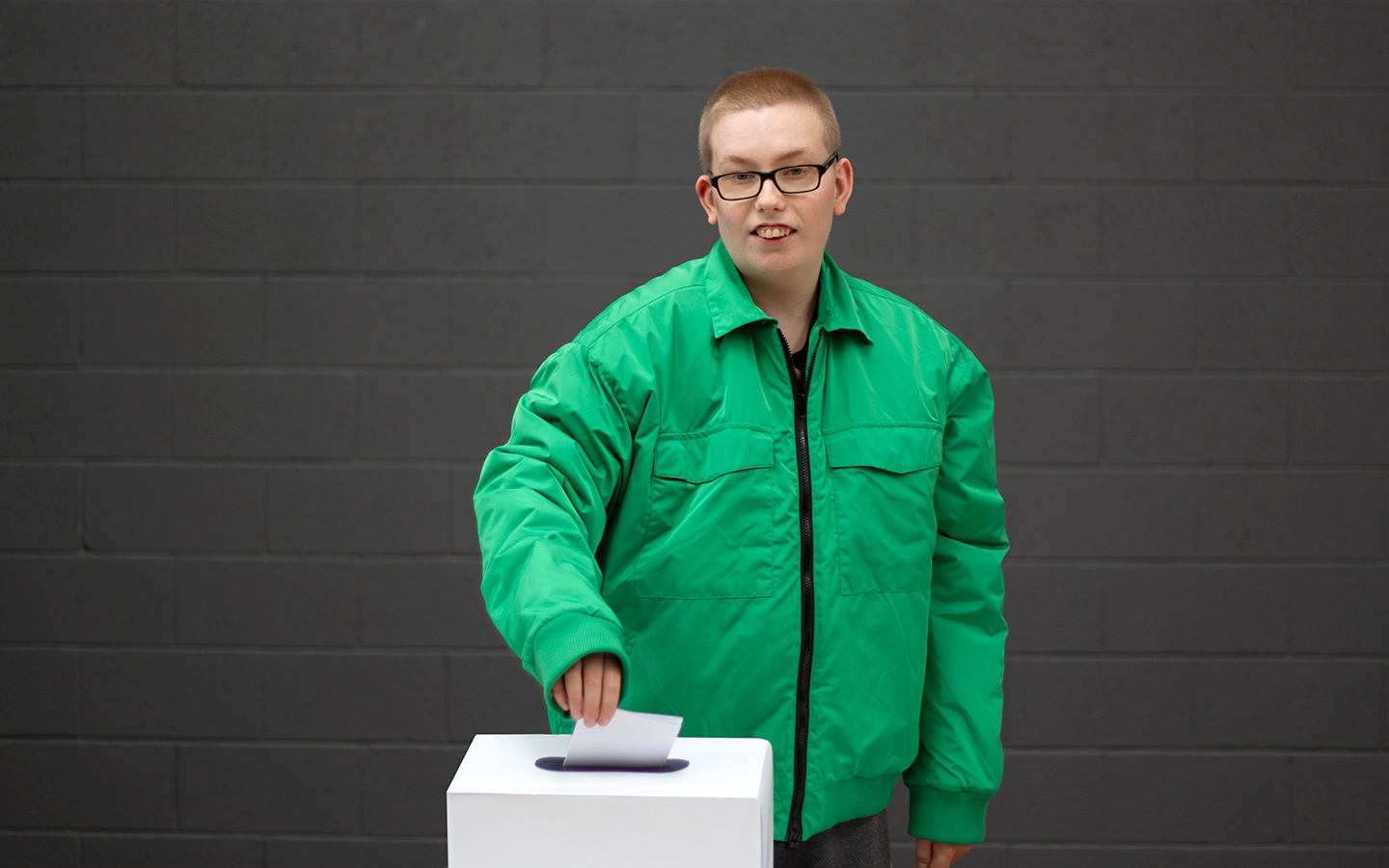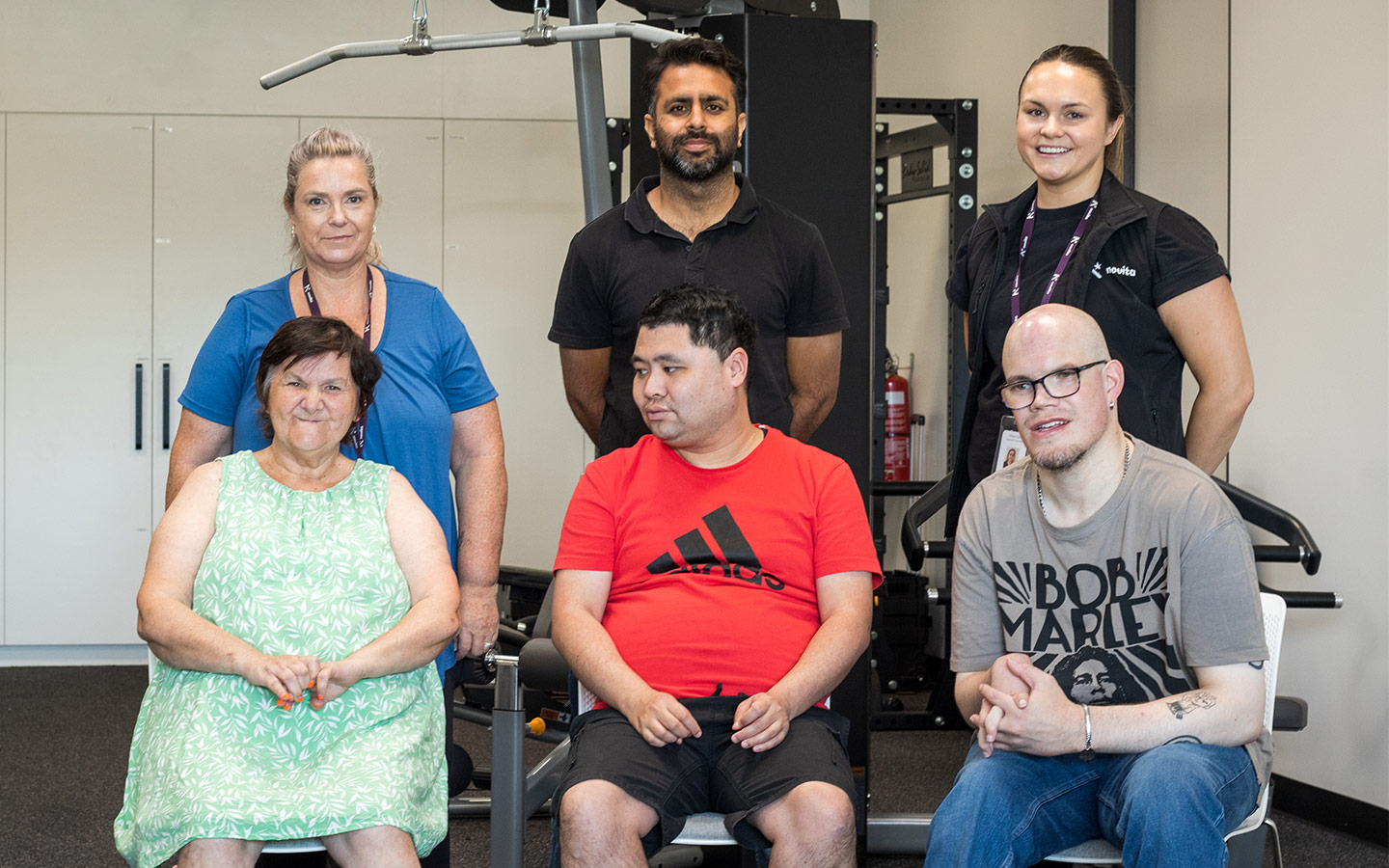Resources
Six great books for older kids living with autism
access_time4min read
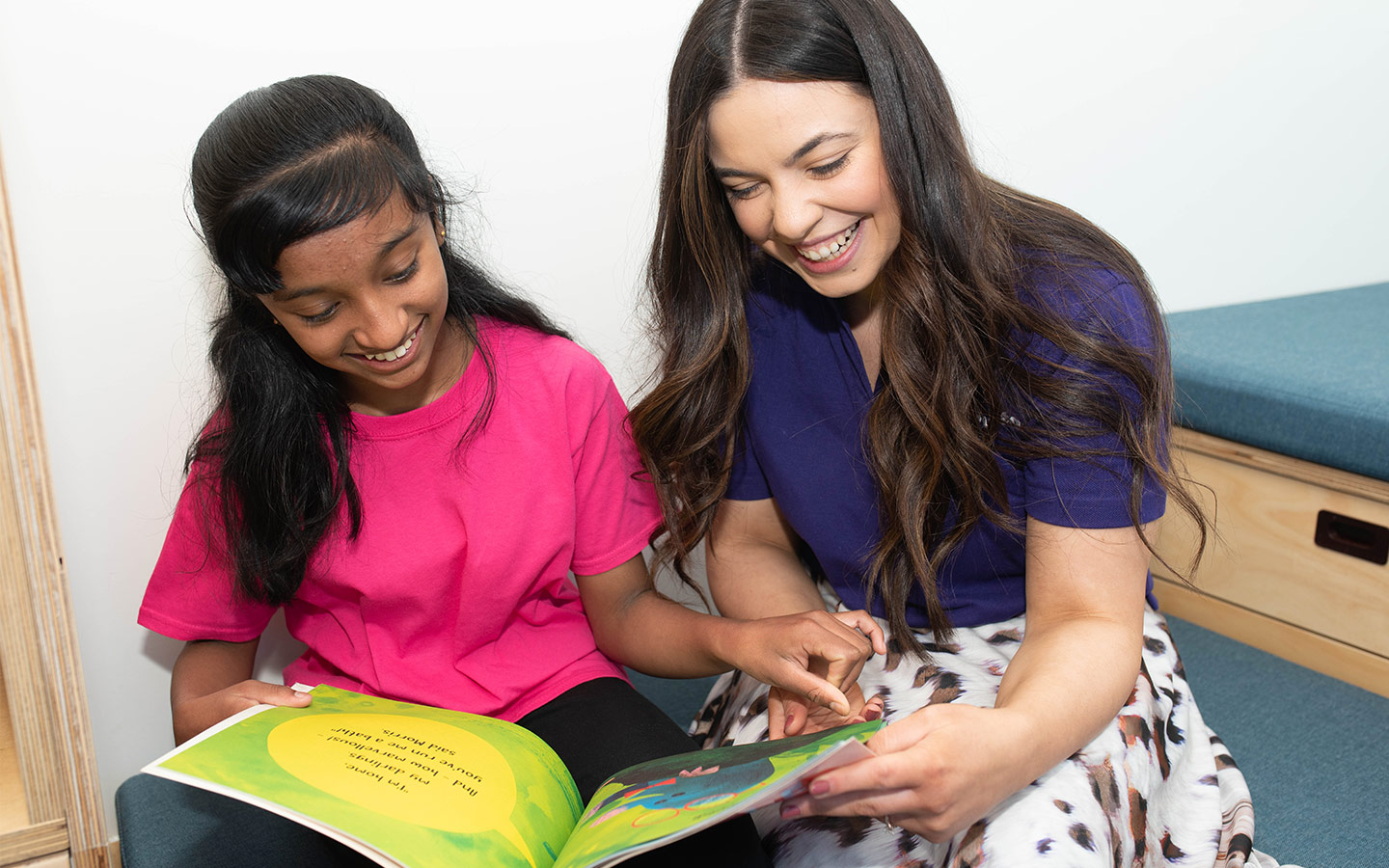
We recently shared with you our top tips for books for younger kids living with autism. The Novita team has now compiled their top tips for books that can help older kids to better understand the changes they are going through as they approach their teenage years and adulthood.
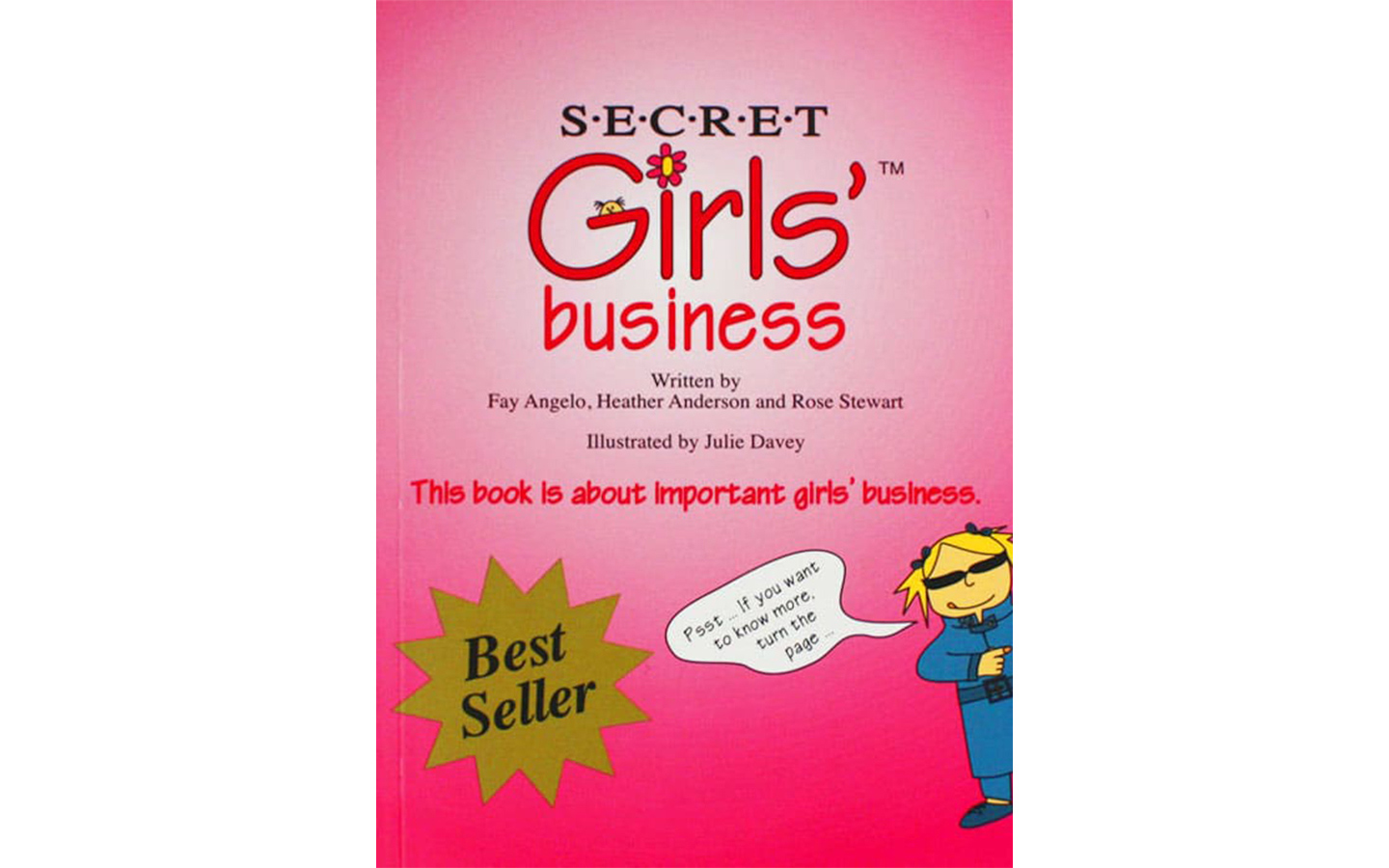
Secret Girls’ Business
By Fay Angelo, Heather Pritchard, and Rose Stewart
Illustrated by Julie Davey
For ages 8 years and older
This book aims to help young girls understand the changes they go through when reaching puberty. An increasing number of girls are reaching puberty as young as eight years of age. ‘Secret Girls’ Business’ will enable girls and the important adults in their lives to make this transition with joy and pride.
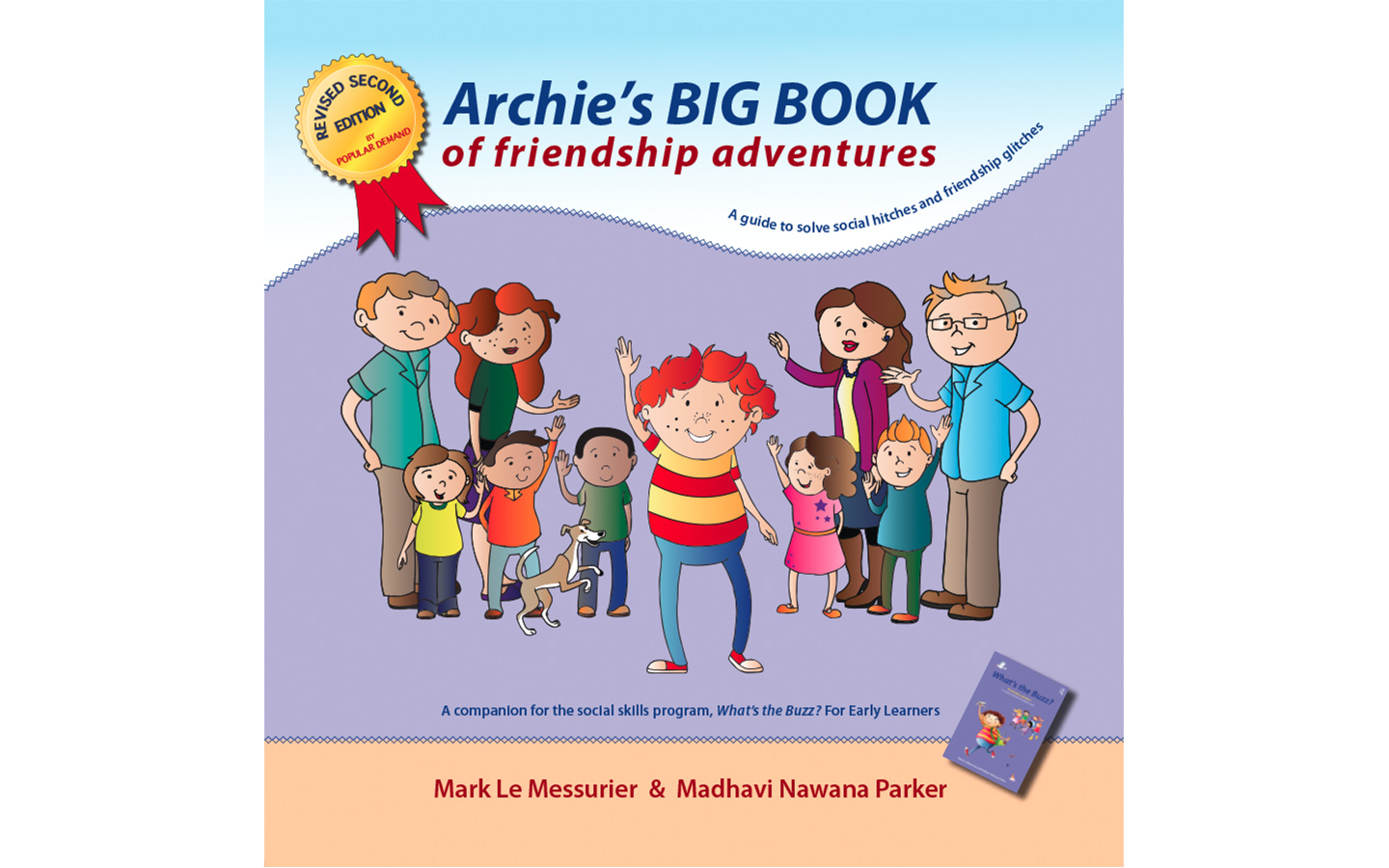
Archie’s Big Book of Friendship Adventures
A Guide to Solve Social Hitches and Friendship Glitches
By Mark Le Messurier and Madhavi Nawana Parker
In this story Archie decides, very impulsively, to steal Oliver’s Lego dump truck. The story frames honesty and places a stamp on its importance. After all, it is crucial for trusting relationships. It explores why some people are tempted to be dishonest and what the consequences are likely to be. It is important for teachers and parents to address honesty and dishonesty in an open manner that gently promotes care and truth. The quality of our responses to children’s dishonesty is a significant predictor as to how quickly they will acquire the skills we seek. ‘Archie’s Big Book of Friendship Adventures’ contains sixteen stories. They can be shared with children at home with parents, and with students by teachers to coach them how to solve the social hiccups and mishaps they will face.
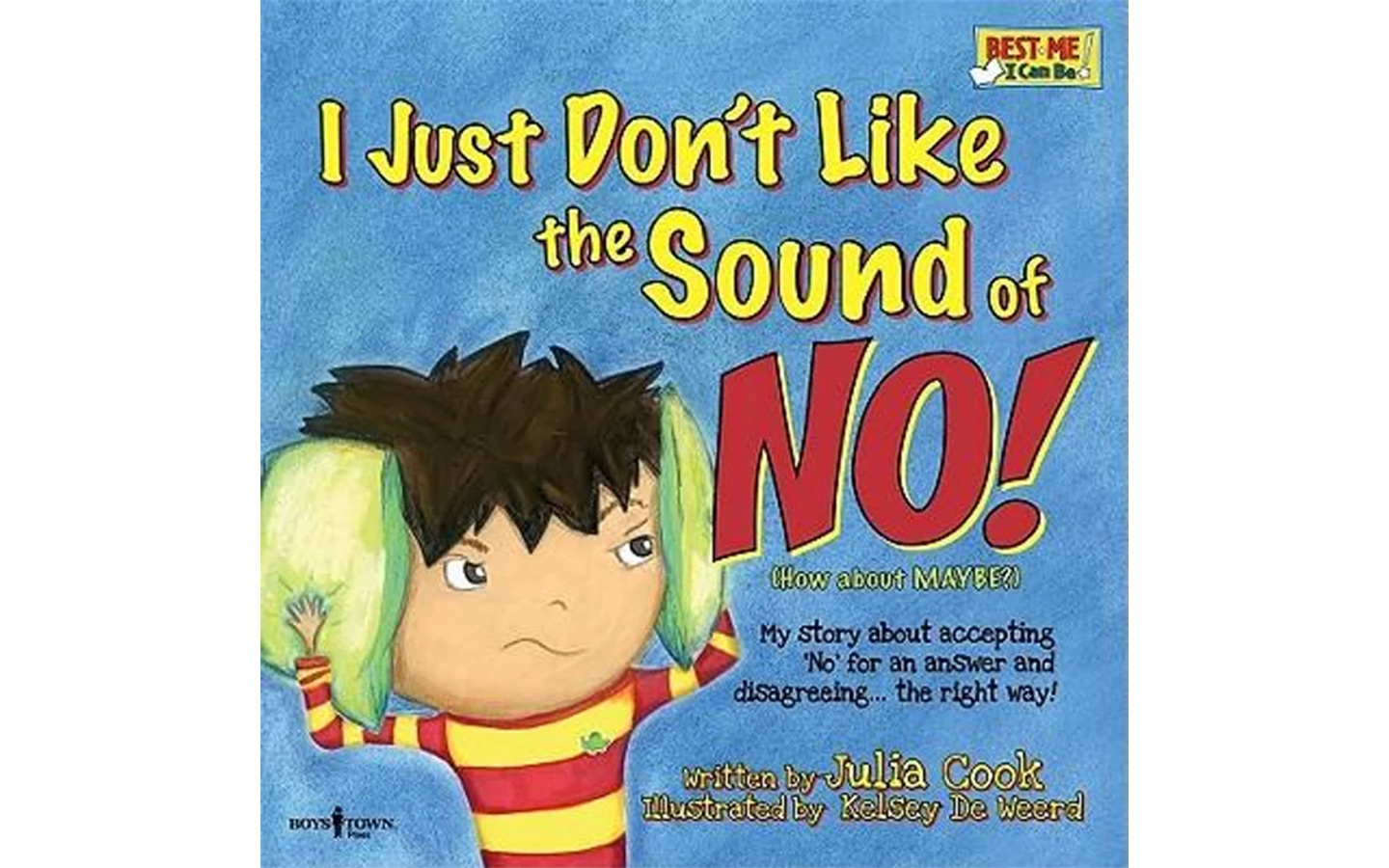
I Just Don’t Like the Sound of No!
My story about accepting “no” for an Answer and disagreeing… the right way!
By Julia Cook
Illustrated by Kelsey De Weerd
For children up to grade 6
‘I Just Don’t Like the Sound of No!‘ shows readers the steps to the fundamental social skills of accepting “no” and disagreeing appropriately. When RJ learns to use these skills the right way, he finds that rewards come his way, instead of arguments.
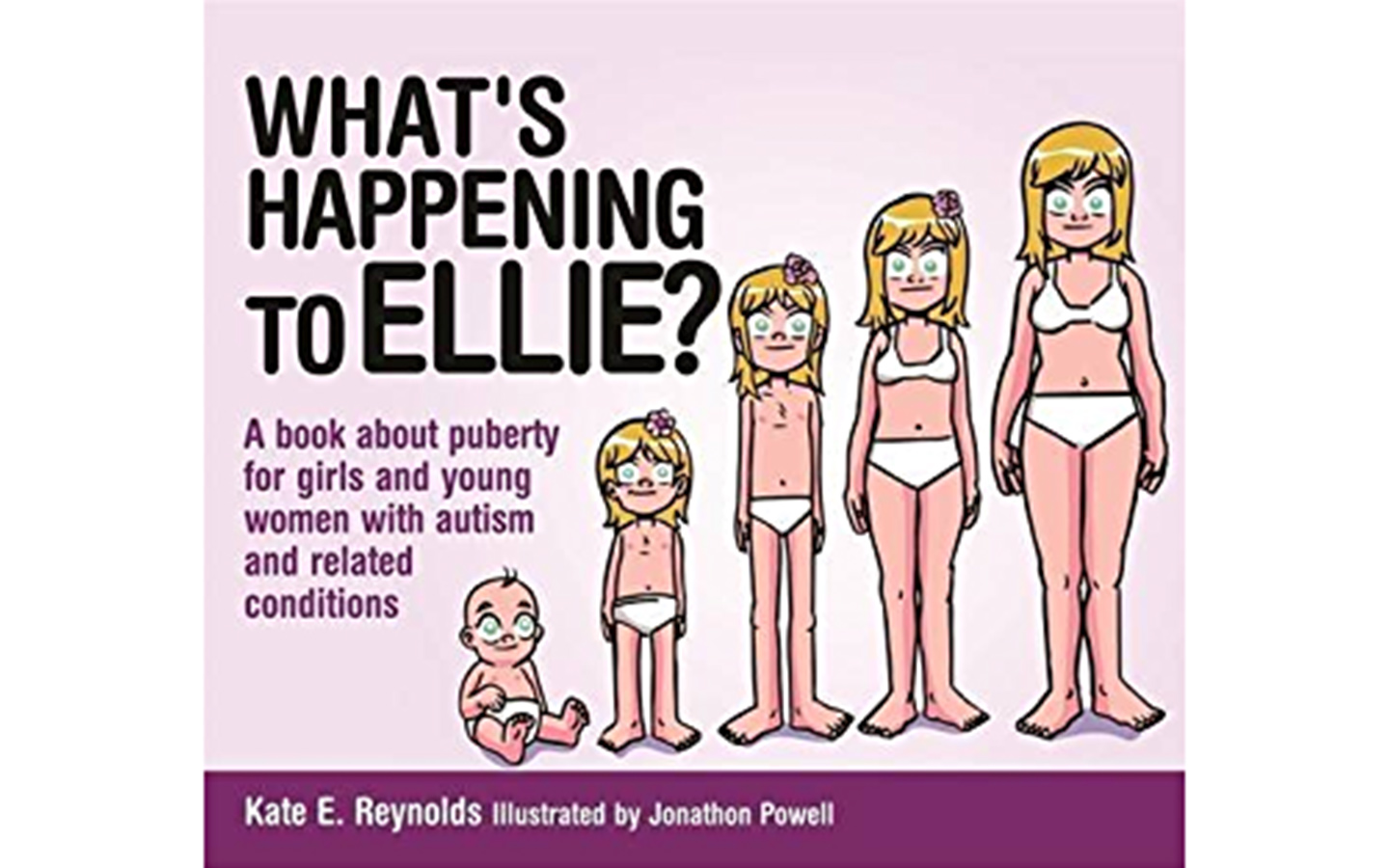
What’s happening to Ellie?
‘What’s happening to Ellie‘ – a book about puberty for girls and young women with autism and related conditions
By Kate E Reynolds
Illustrated by Jonathon Powell
For teenagers and young adults
This simple, hardcover picture book follows Ellie as she begins puberty. Designed to be read with girls living with autism or other special needs, it provides the perfect starting point for parents and carers to discuss changes including new hair growth and menstruation.
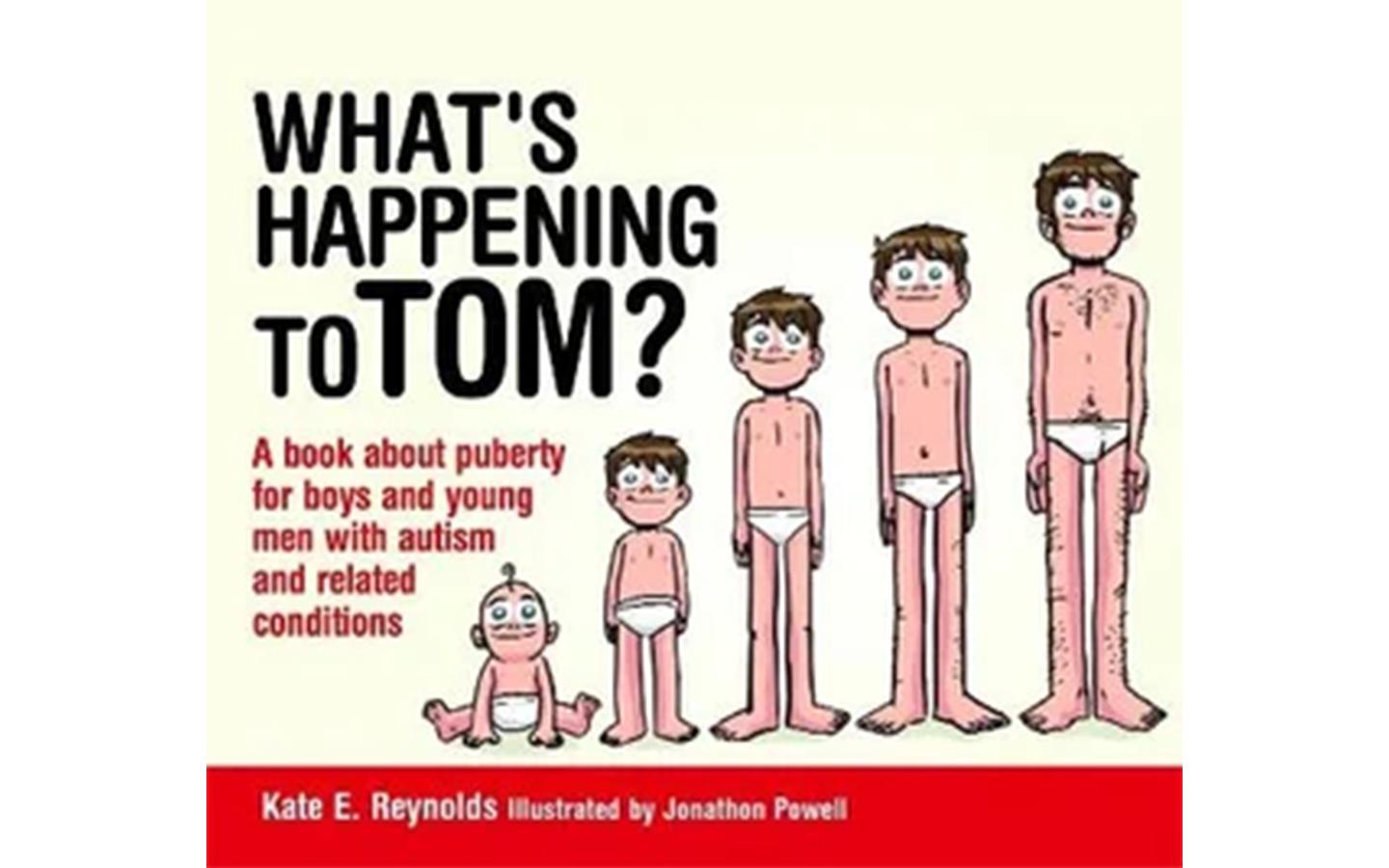
What’s happening to Tom?
‘What’s happening to Tom‘ – a book about puberty for boys and young men with autism and related conditions
By Kate E Reynolds
Illustrated by Jonathon Powell
For teenagers and young adults
Tom notices that his body is changing. Tom’s voice is different, and hair is growing in new places. There are other changes happening too. Tom’s dad helps him understand that he has started growing into a man. Following Tom as he notices changes to his body, this simple book helps parents and carers teach boys living with autism or other special needs about puberty. It covers all the changes they will experience such as new feelings and physical changes. This fully illustrated positive and entertaining book provides the perfect opportunity to talk about puberty with boys and young men with autism or special needs.
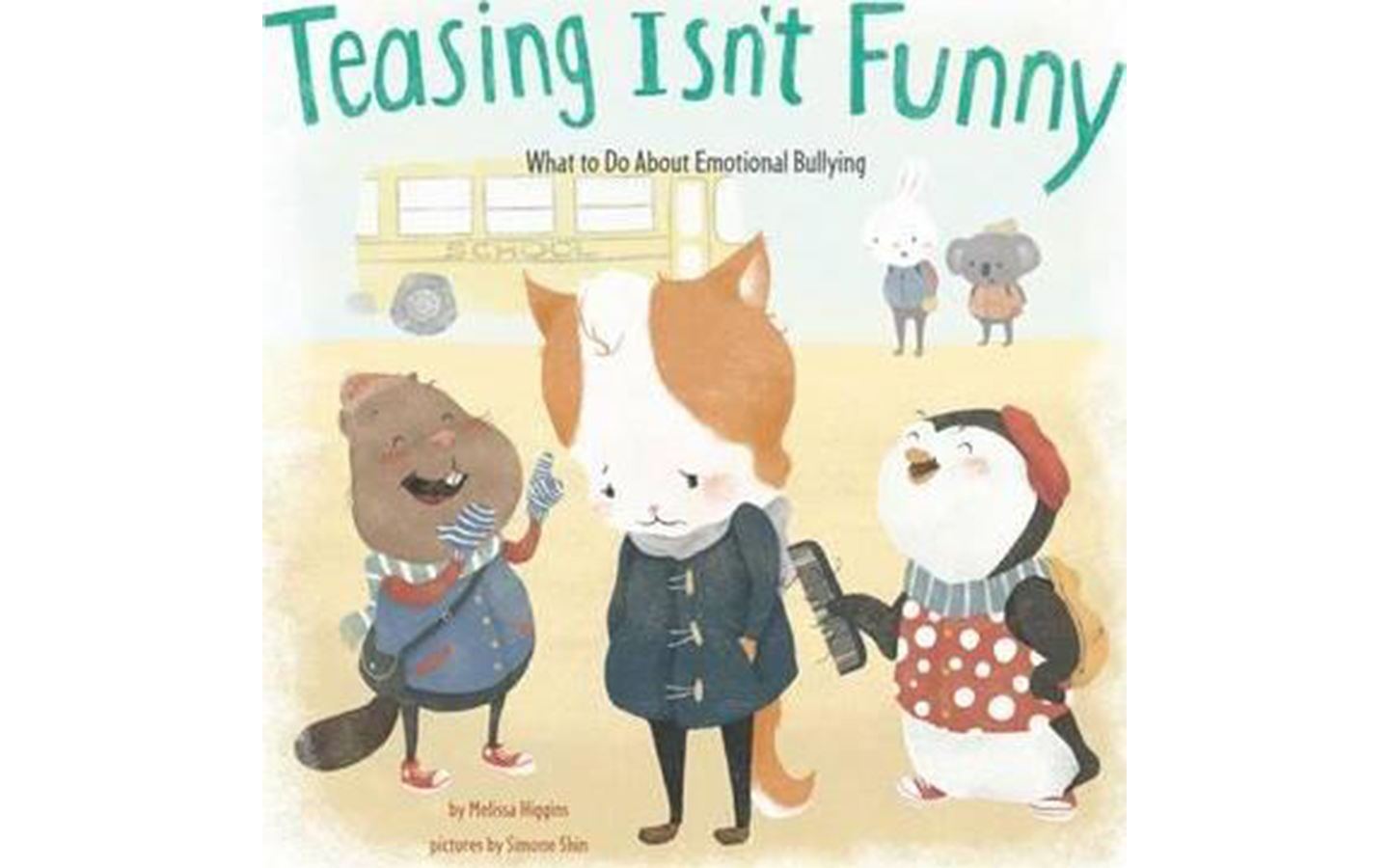
Teasing isn’t funny: What to do about emotional bullying
By Melissa Higgins
Illustrated by Simone Shin
Jesse and other animals at the bust stop make fun of Kelly the Cat’s fluffy fur and plain clothes. The constant teasing makes Kelly feel sad. Young readers watch Kelly struggle with the teasing and learn safe ways to make it stop. Sensitive illustrations of gender-neutral animal characters help all children relate to the issue of emotional bullying.
Check out Teasing isn’t funny: What to do about emotional bullying.
Encouraging your kids to read helps to increase their vocabulary, develop their brain, and helps them in the classroom at school. Contact us if you would like more information about these books, talk to your therapist, or ask at your local library.
Please Contact us if you have any suggestions for books suitable for kids and young people living with autism.
